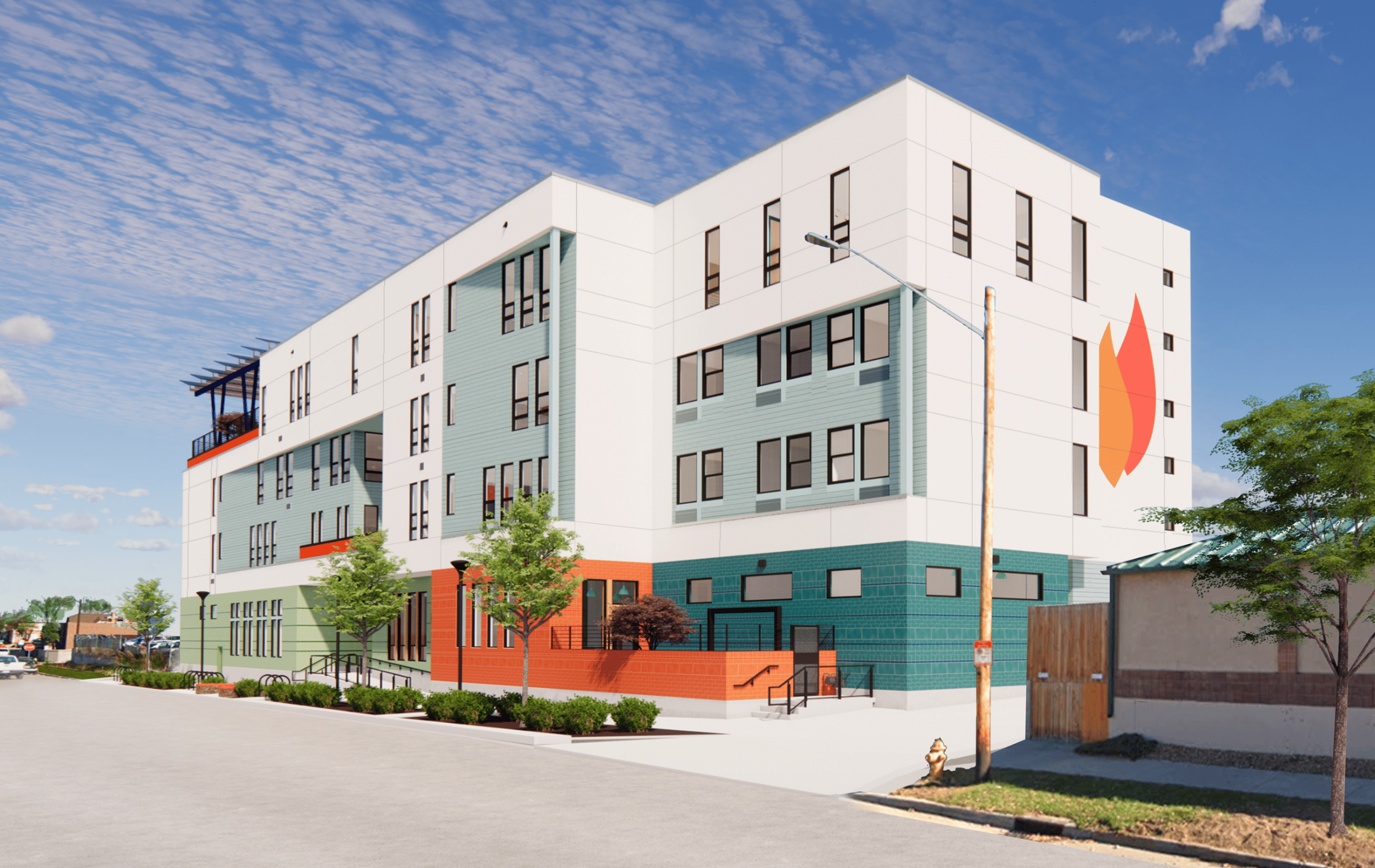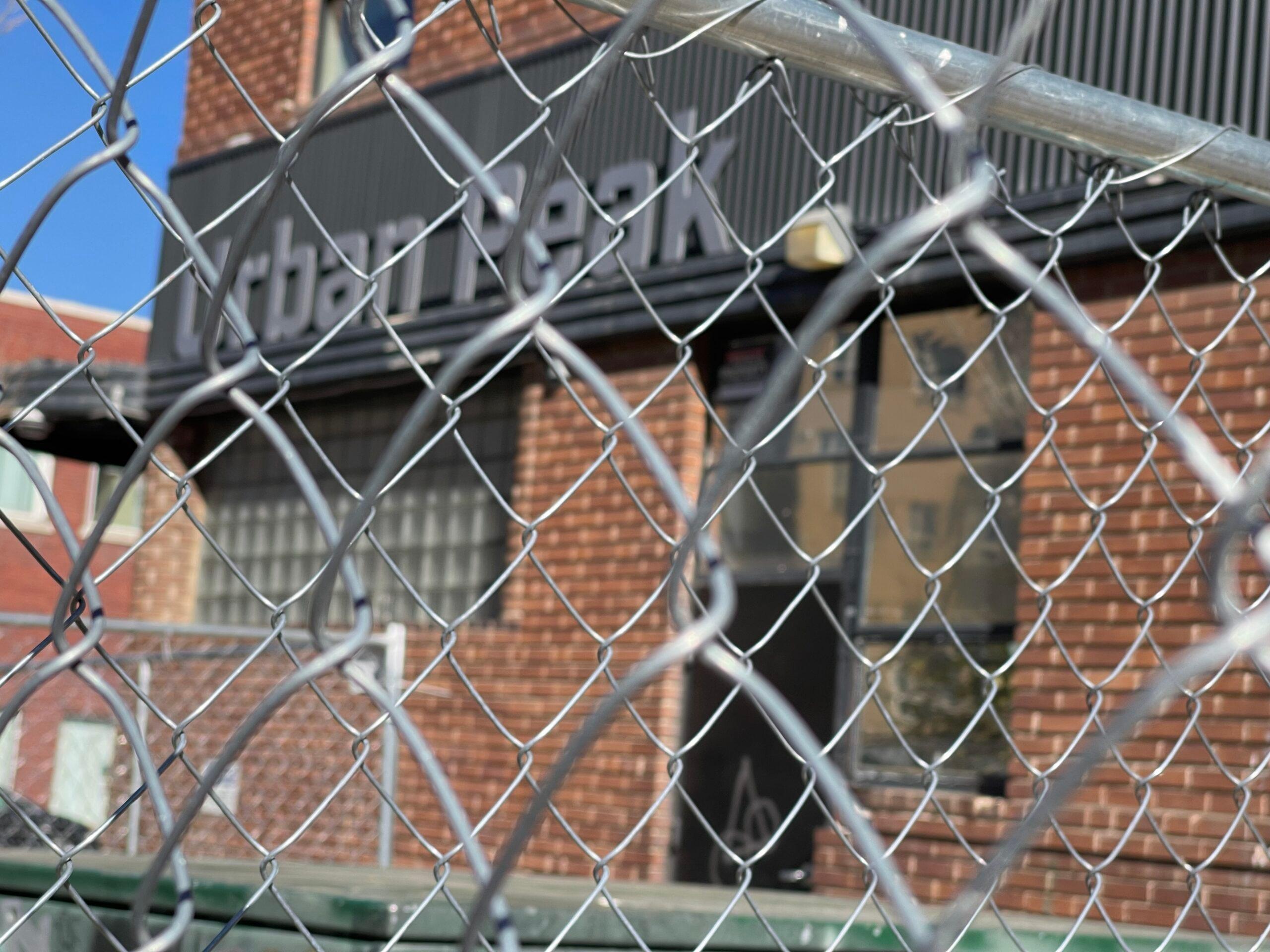Urban Peak, the Denver nonprofit that serves youth experiencing homelessness, has lost a major grant the organization relies on for funding. In a Tuesday email to staff, Urban Peak CEO Christina Carlson called the money "a significant revenue source that funds numerous positions."
The $500,000 grant comes from the Colorado Behavioral Health Administration, and funds on-site clinical mental health support for youth experiencing homelessness. The notice about funding arrived a day after Urban Peak broke ground on a $37 million shelter, growing capacity and services for teenagers and young adults. The loss won't affect the new shelter, which is funded through separate sources, but gives the organization only 10 weeks to figure out next steps before the current grant money runs out.
"We're working with our board and with our leadership to figure out what the next steps are, because at the end of the day, the most important thing we can do is continue to deliver services to our most vulnerable population," Carlson said. "The need for mental health intervention and services for the population we work with is dire, and so we're working to figure out how to bridge that gap after March."
The Colorado Behavioral Health Administration confirmed that the contract was not renewed, but could not provide further comment immediately.

The loss in funding comes as homelessness in Denver has been on the rise.
A study cited by Urban Peak at the groundbreaking showed that youth without a high school diploma or GED, youth with children, youth earning less than $24,000 as well as LGBT, Black and Hispanic youth are all at increased risk.
In a moment that reflected the ongoing crisis, Carlson opened her speech at Monday's groundbreaking calling for a moment of silence for an Urban Peak community member who had died while camping in a tent.
The mood at Urban Peak has felt somber since the announcement, according to Maria Hardman, an education coordinator at the nonprofit.
She found out that someone on her team had received a promotion into a different position, and that their prior role would not be filled.
"My workload has just tripled," Hardman said. "The biggest thing that I was worried about was the youth. That's the number one thing, I just worry that this is going to detrimentally affect them."
Between the death of a community member, Monday's groundbreaking and the funding news, Hardman described a feeling of whiplash.
"I know that everybody's really on edge right now," she said.













